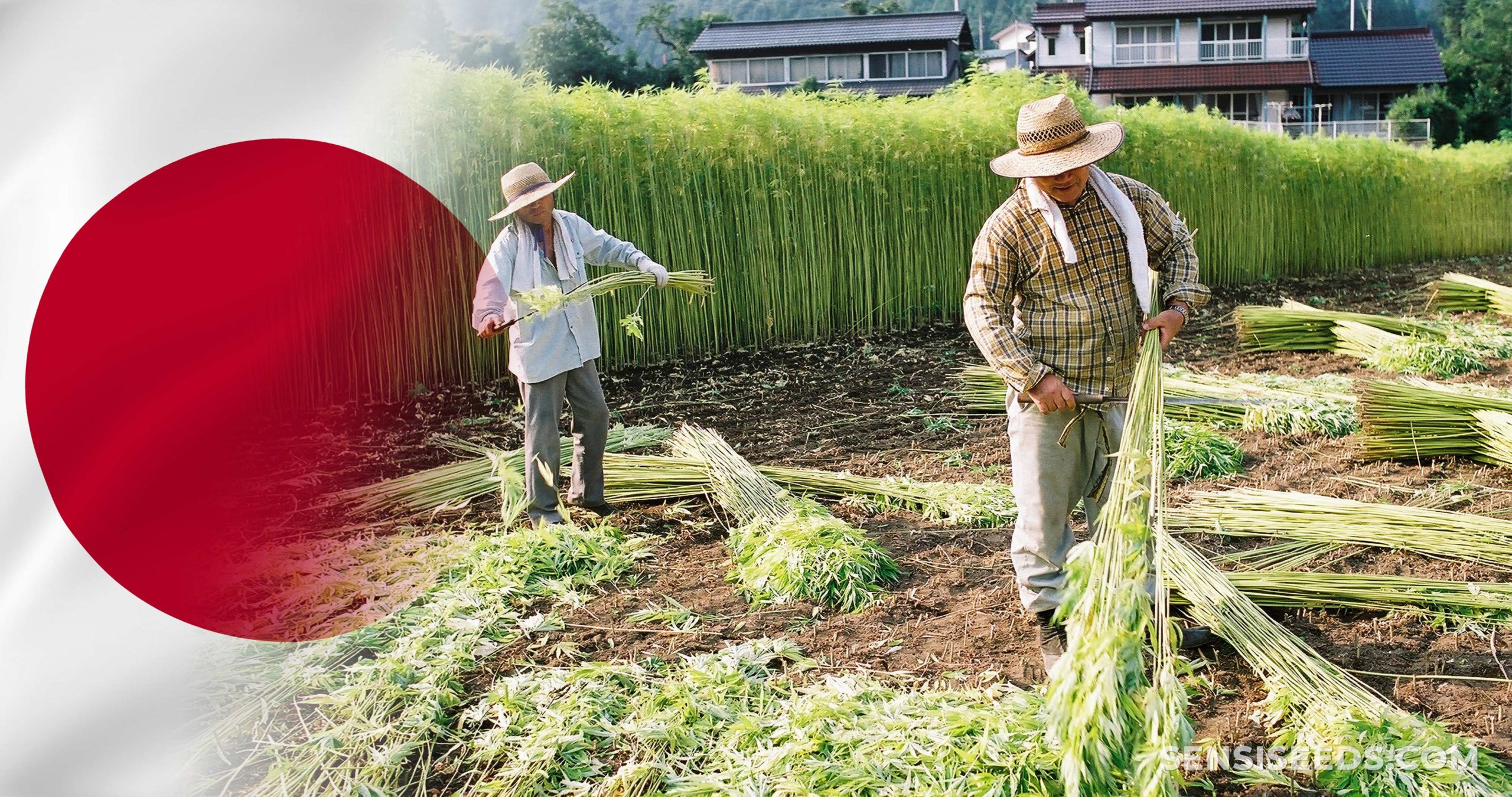
Japan has officially commenced a public comment period for its landmark cannabis reform bill, offering a detailed glimpse into the future of its nascent cannabis industry. Announced on May 30, the government is now accepting input from interested parties on five key measures of the new legislation.
Most notably, the preliminary proposals indicate that Japan may bypass the complex and protracted Novel Foods approval process for CBD products. This move positions Japan to potentially become the first country to authorize CBD in food products. Yves Antoniazzi, Managing Director of Astrasana Holding AG, a notable player in Japan’s CBD market, stated, “We have been waiting a long time for this. It is a huge milestone for the global cannabis industry. Japan is one of the first countries to approve CBD in food, paving the way for corporate companies to list CBD products in retail chains.”
Business of Cannabis has announced plans to delve deeper into Japan’s new proposals, providing thorough analysis on the implications for businesses in the coming days.
Late last year, Japan took a significant step toward cannabis reform by approving a bill to amend its 75-year-old Cannabis Control Act. Following the bill’s passage in November, Japanese authorities have been meticulously outlining the details of these reforms. The cannabis industry has been eagerly anticipating an announcement from the Ministry of Health, Labour and Welfare (MHLW) that would define the new regulatory framework.
The public comment period, which will remain open until June 13 or 29, provides a platform for medical professionals and CBD businesses to scrutinize the draft order and express their concerns before a final decision is made. This participatory approach ensures that the amendments are well-informed and reflective of the industry’s needs.
The draft order invites opinions on five critical topics: law enforcement, THC analysis methods, the development of related laws and regulations, and first and second-class cultivation license reviews. These discussions are pivotal as they will shape the regulatory landscape for Japan’s CBD and medical cannabis industries.
While Japan’s CBD market is already thriving, it currently only permits products containing no trace of THC. The proposed amendments are expected to relax this restriction, potentially increasing the allowable THC content to 0.3%. This change could significantly bolster the industry, allowing for a broader range of CBD products to be developed and sold within Japan.
As the public comment period progresses, stakeholders across the industry will be closely monitoring developments, eagerly anticipating the finalization of a regulatory framework that could set a precedent for cannabis legislation worldwide.
Read the whole article from Business of Cannabis Here.







